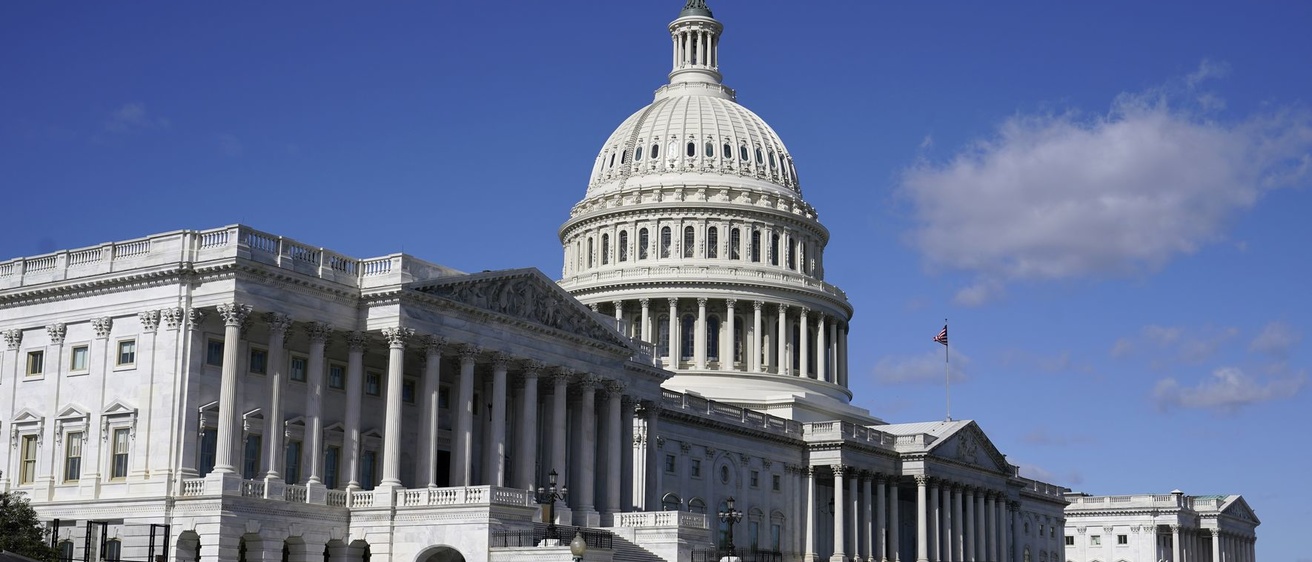Bachelor of Arts in Ethics and Public Policy
The Bachelor of Arts in ethics and public policy is an interdisciplinary major that gives you valuable perspectives on intersecting issues that connect the study of philosophy, economics, political science, law, and sociology. The structure of the major allows for a great deal of flexibility, allowing students to combine it with a second major in one of the fields of specialization or other majors.
Learning Outcomes
- familiarity with the subject matter and methods of four closely related, but distinct disciplines—philosophy, economics, sociology, and political science—acquaintance with which is particularly important for those entering law, government and public service, and related fields;
- think critically, understand important distinctions, and present and defend positions;
- understand the connections between problems that arise in the four fields that make up the cross-disciplinary major;
- solve problems by drawing insights from different fields; and
- prepare for postgraduate work in one or more of the fields, law school, or any of the indefinitely many careers where the skills fostered in the major will be invaluable.
Want to get started?
Learn more about the program, including courses, curriculum, and requirements here.
